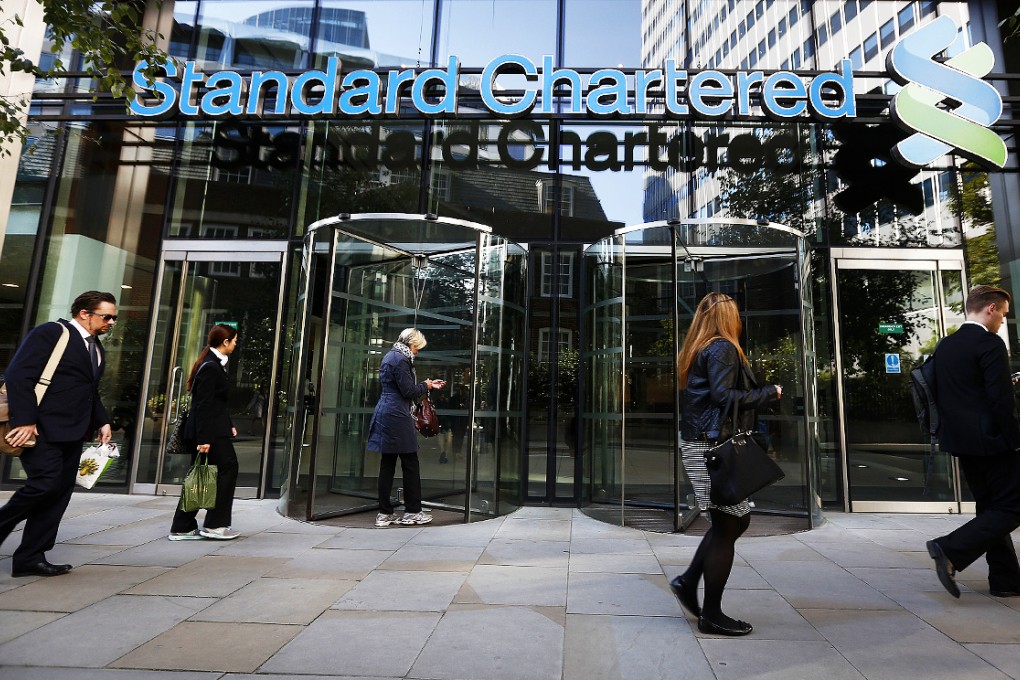Heads again? Bankers caught cheating in coin-toss study
Researchers say financial workers got suspiciously lucky when asked to report their own results, suggesting culture 'lenient towards dishonesty'

How do you tell if a group of bankers is dishonest? Simply by getting them all to toss a coin.

The academics from the University of Zurich and the University of Chicago used a sample of 128 employees of an unnamed large bank, and split them into two groups. The first set of bankers were primed to start thinking about their job, with questions such as "what is your function at this bank?"
They were then asked to toss a coin 10 times, in private, knowing which outcome would earn them US$20 a flip. They then had to report their results online to claim any winnings.
Unsurprisingly perhaps, there was cheating - with the percentage of winning tosses coming in at an incredibly fortunate 58.2 per cent.
The study was not designed to detect individual cheaters, but researchers could calculate that slightly more than a quarter of the primed participants exaggerated their results.
Meanwhile, the second group completed a survey about their well-being that did not include questions relating to their professional life. They then flipped the coins, and threw up a quite astonishing finding: these bankers proved pretty honest, registering a win rate of 51.6 per cent.